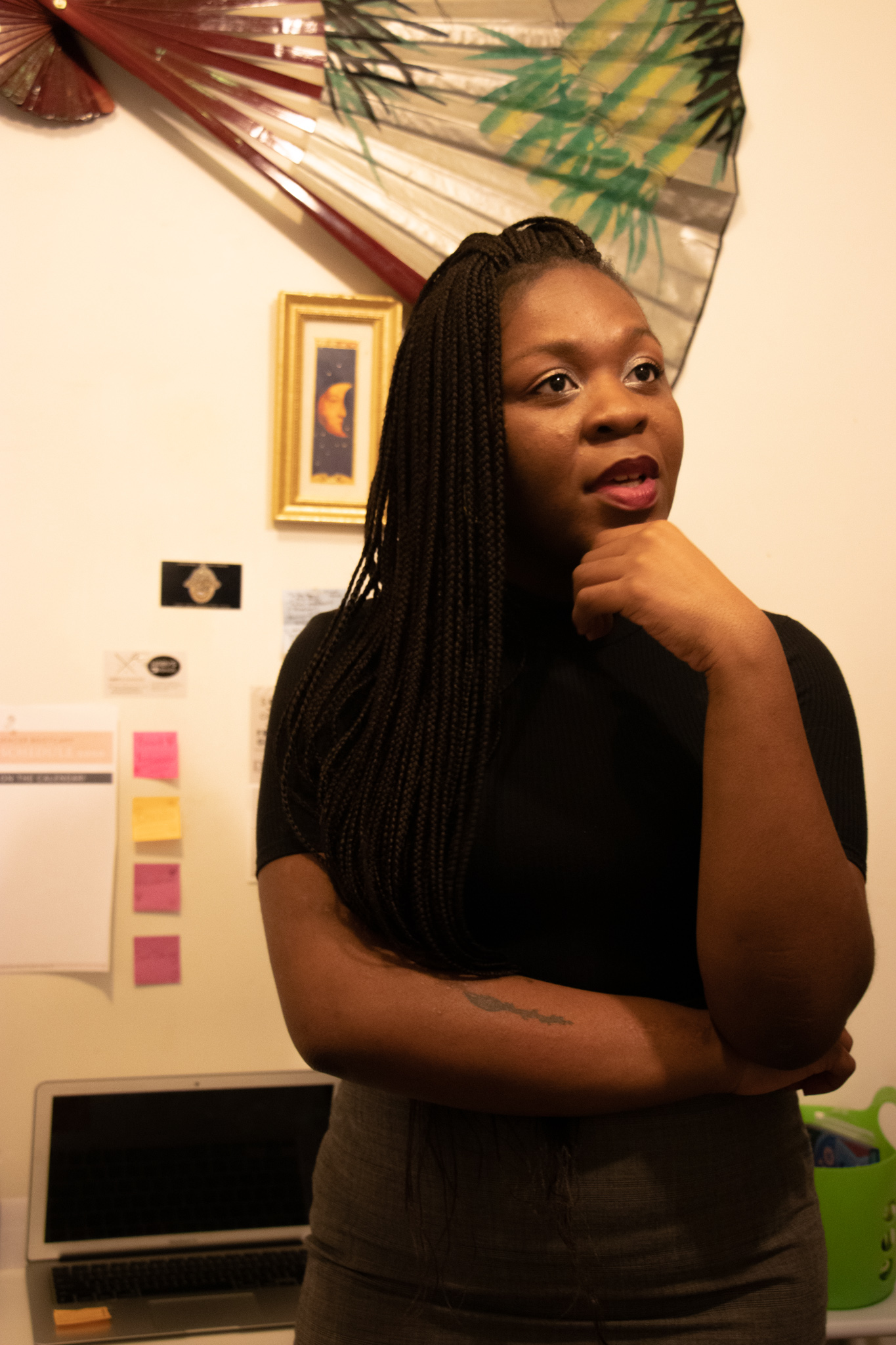How Brands Can Mindfully Overcome Cancel Culture Through Inclusion with Marginalized Groups
- Rashida Ashley

- Feb 6, 2023
- 3 min read
Updated: Jan 2, 2025

(Munroe Bergdorf, Model and activist & Jess Weiner, CEO of Talk to Jess, Discuss Brand Relationships at The Unsterotype Alliance Global Member Summit 2022)
By: Rashida Ashley
The Unsterotype Alliance’s conference of 2022 consisted of various leaders who work to ensure effective positive change, such as Deputy Executive Director UN Women Anita Bhatia, I&P Global Methodology Lead, Social Progress Imperative Jamie Garcia, Chief Brand Officer and Chief Equity Diversity & Inclusion Officer Unilever Aline Santos, CEO Magnolia Media Partners Seth Rogin, Global Director Purpose Marketing Mars Dale Green, and Global Culture & Social Impact Consultant IPG Heide Gardner. The alliance also invited model and activist Munroe Bergdorf to speak with the CEO of Talk to Jess, Jess Weiner, concerning brand relationships and cancel culture.
During the discussion, Bergdorf reflected on her career as she transitioned from the fashion PR industry to becoming a model and how she saw that not all were represented in the industry. At that moment, she wanted to do something about it. She further reflected that as she built relationships with field experts and leaders, she began to speak about the injustices within the industry and culturally. As she spoke out, she connected with others who’ve experienced various disparities.
“Activism isn’t something that you can do on your own. It’s something that you really need to make sure that you are plugged into networks. Plugged into societies, plugged into unions, and recognize that it’s like a machine.”
“I think at the heart of some of these conversations when folks have been deeply marginalized and underrepresented, and they get a chance to speak about it, they’re often shut down right away,” stated CEO of Talk to Jess, Jess Weiner.
Bergdorf also reflected on an instance in her career when she spoke about systemic racism after witnessing the Charlottesville riots of August 2017 and how she was let go from the campaign for speaking on her beliefs.
“Brands-even if you don’t get it right initially, I think it’s about opening up a discourse and holding yourselves accountable. Not being afraid of being canceled. I think it’s really about being aware that when you speak about marginalized experiences, there’s going to be pushback. There’s going to be people that have a heavy investment in keeping things the way that they are.”
Much transpired since Bergdorf was released from the campaign she was initially signed on for. Five years after her release, she began working with that same company again. Only this time, her voice is heard as she is now a board member of a board, driven to change company and industry culture and be a leader of change.
“When we talk about these issues, we’re really holding space for people to be emotional, for people to be frank and candid about their experiences but also to try to find a way to change things rather than just continuing that hurt and distance between.”
Weiner also discusses cancel culture and occurrences when social media turns against brands with Bergdorf.
“I do think that cancel culture exists, but I think the way we talk about it is often short-sighted because we aren’t often looking at it from the perspective of marginalized people. We’re looking at it in terms of people that have platforms that are holding onto them even when they are behaving in ways that aren’t progressive.”
“I think the language shift involved in cancel culture is actually a call for action for accountability. So if a brand finds themselves in a misstep, if a brand finds themselves in a campaign that doesn’t land in the way they want, what is something for us to consider here as far as in how do you then unsterotype it is [ask yourself], what’s the system in place internally to have these courageous conversations? First of all, people need to be represented in the room and in levels of leadership, but then how do we also create this space to be uncomfortable when power and privilege are challenged,” Jess Weiner.
“How you safety-proof yourself is building that campaign with that community. You can’t take the image and not have the people within your company to build something authentic.”
The Unsterotype Alliance Global Member Summit is an annual conference of UN women located at the United Nations headquarters in New York. With an alliance membership of 237 companies and 12 national chapters, the alliance works to empower people of various genders, races, classes, ages, abilities, ethnicities, religions, sexualities, languages, education, etc., through advertising as a force for good for positive change globally.







